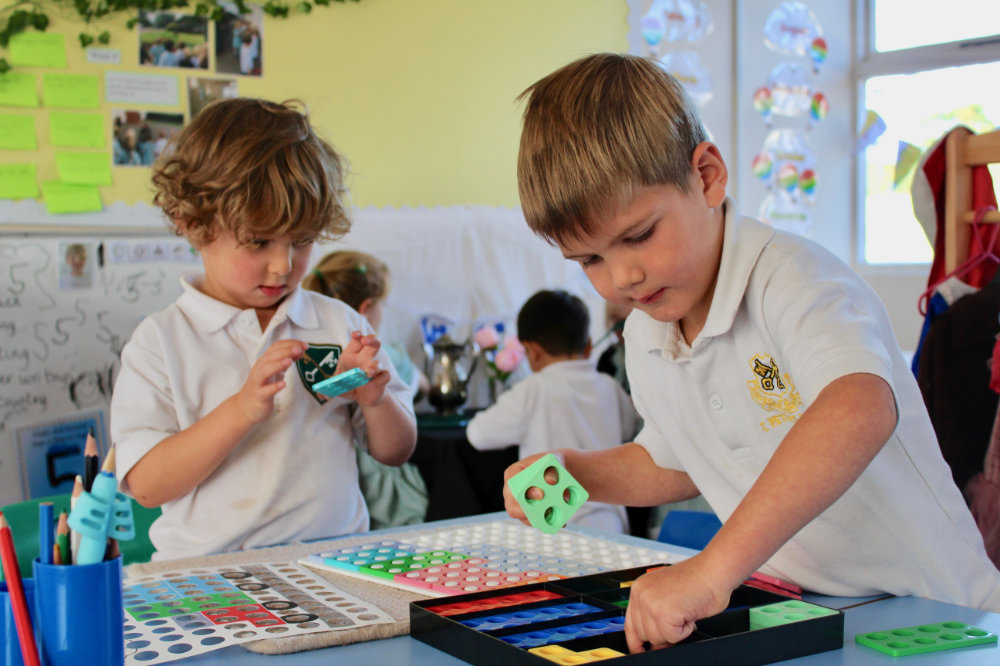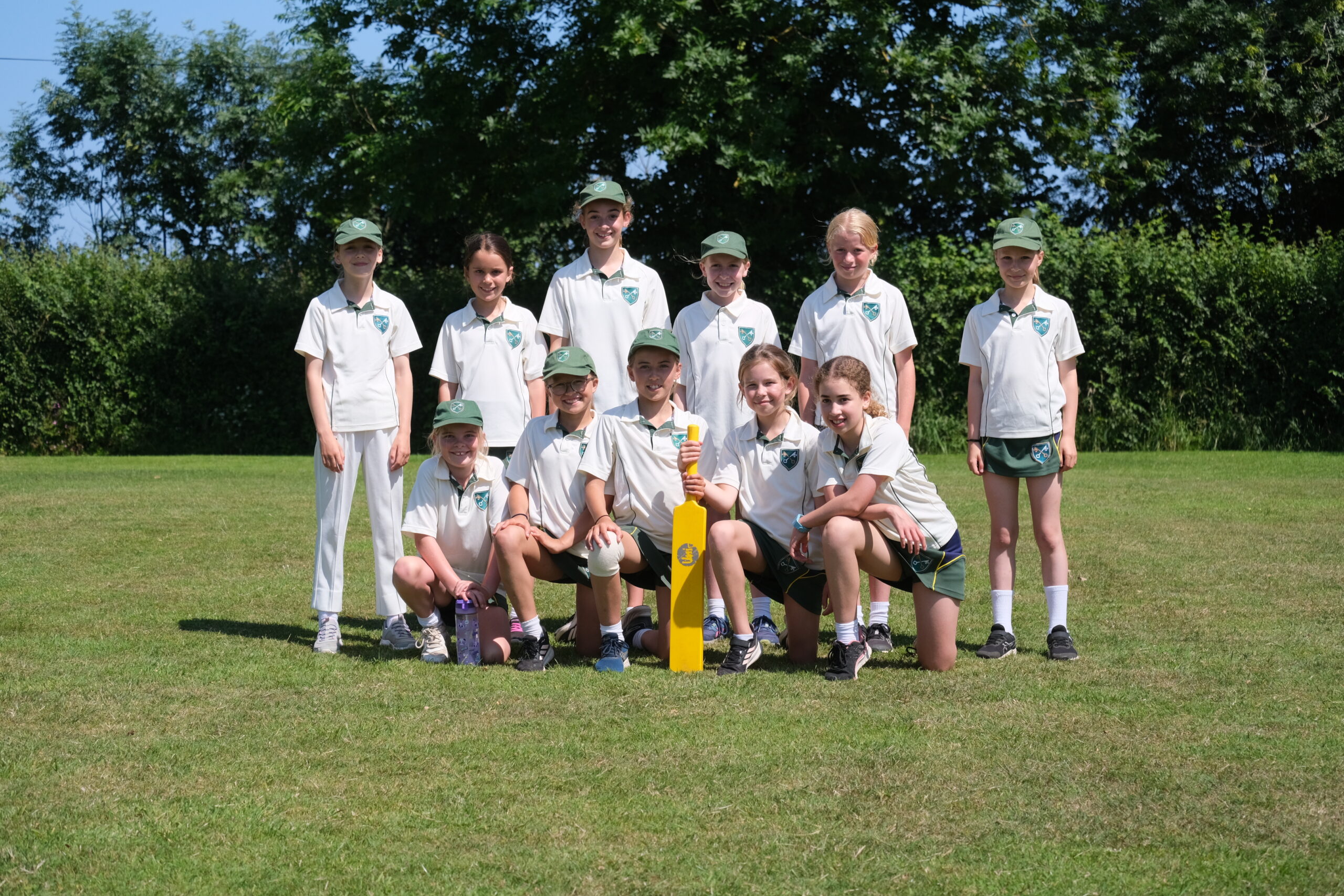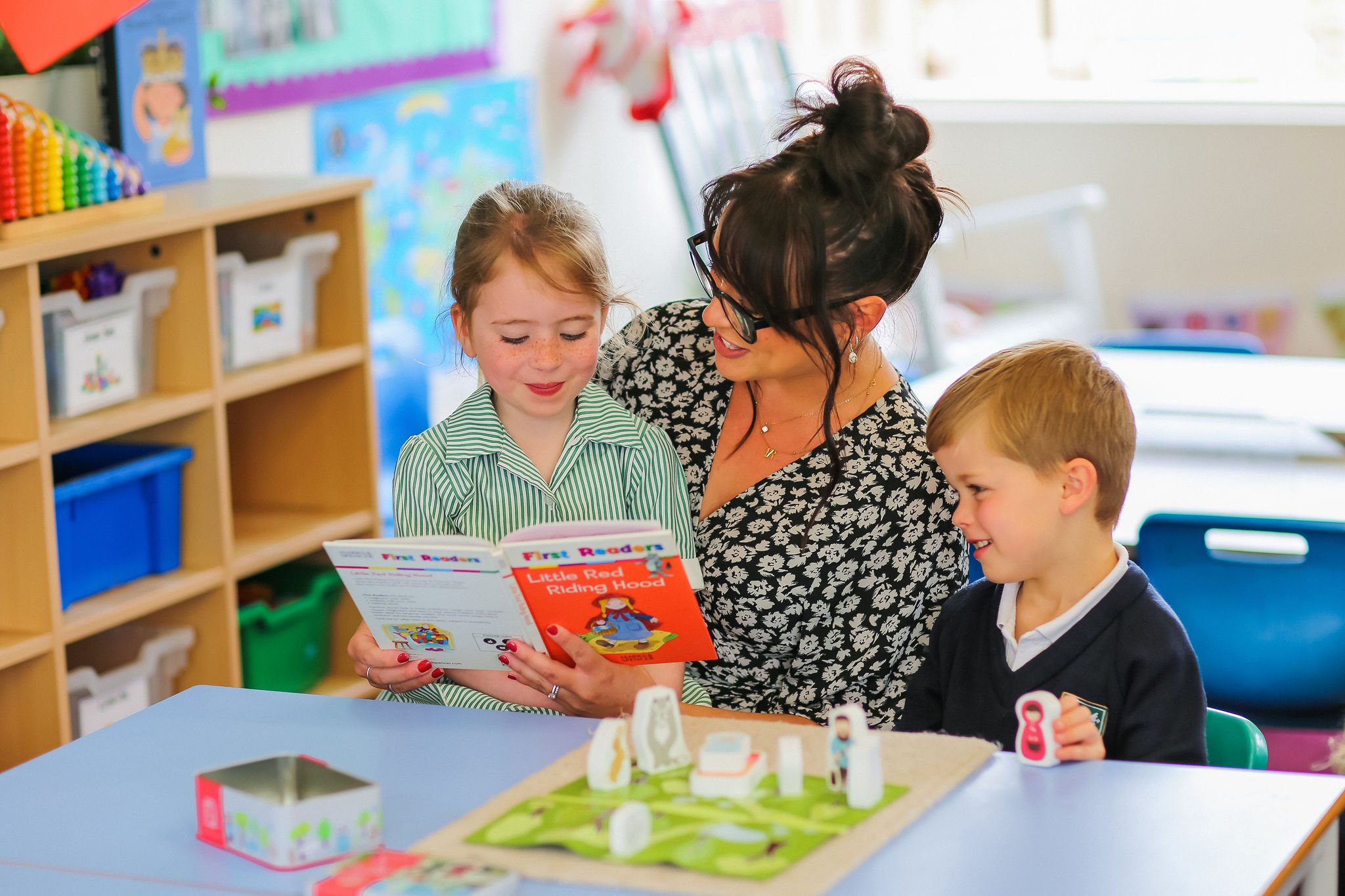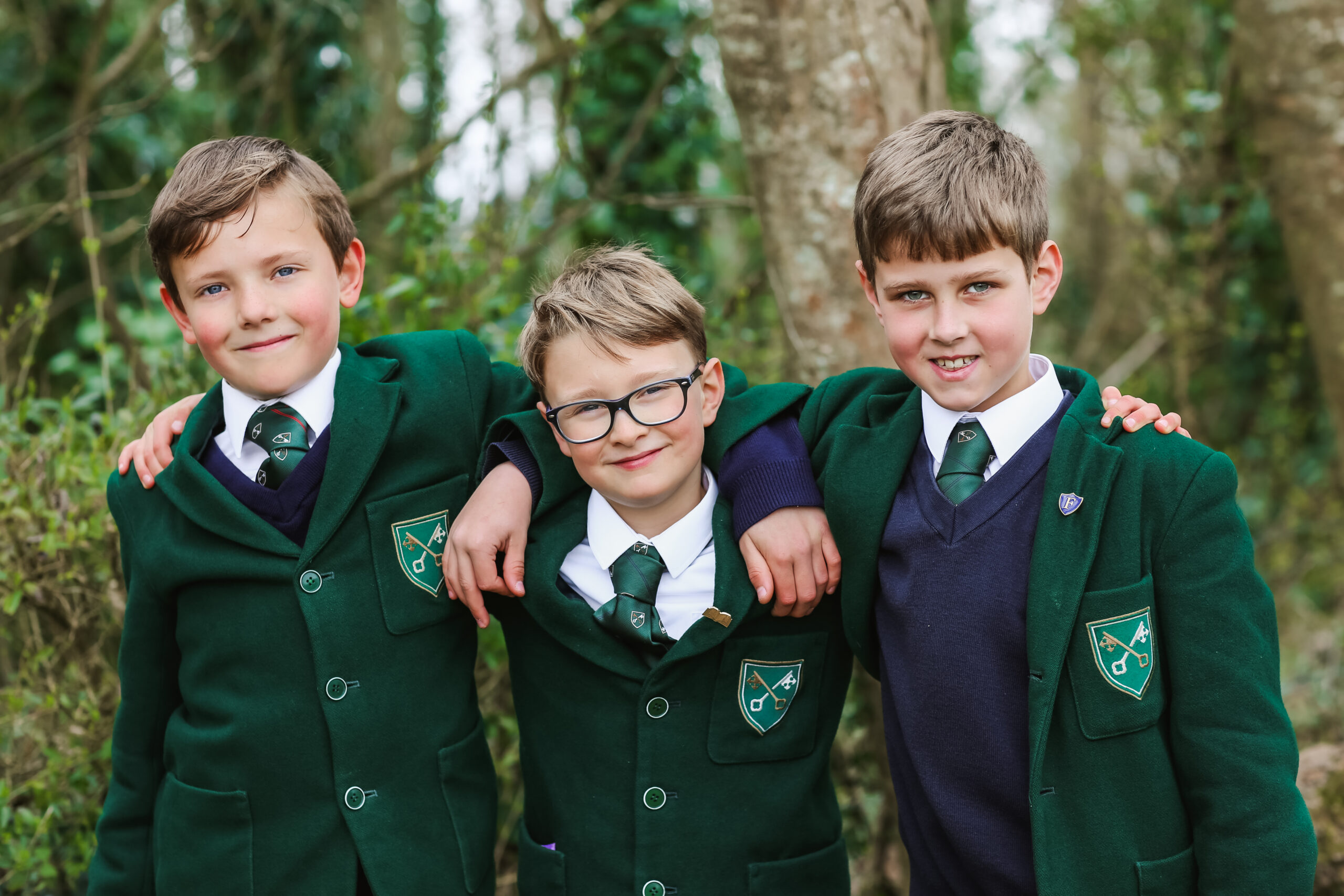The friendships formed at school can be invaluable. Not only does having fun with peers make children’s time at school more enjoyable and memorable, but creating strong bonds at this age can encourage the development of social skills and even improve educational performance.
At our prep school in Devon, we always aim to create an open and supportive environment where every child can thrive and make firm friends to enjoy their school years (and beyond) with.
The Importance of Having Friends in School
From a very young age, we seek to connect with others, particularly those with similar interests or shared experiences. There are many ways having a good network of friends can positively impact a child as they grow and learn, aside from the obvious benefits of having someone to laugh with!
Friendships at school can support and encourage:
- A sense of belonging and community
- Improved social skills
- A better attitude to education and learning
- A better sense of well-being and reduction in stress
- An understanding of how to resolve conflict
- A developing sense of empathy and emotional intelligence
- More chances to develop imagination and creativity
- A sense of teamwork and learning how to collaborate with others
1. Friendships Can Create a Sense of Belonging
Feeling like you belong can have several benefits, including supporting overall well-being and providing a sense of purpose. Having friends allows children to feel part of a group, increasing a sense of security and giving them someone their own age they can relate to and turn to. Knowing they can rely on friends and be relied upon can make children feel more included and engaged.
2. Friendships Can Improve Social Skills
Developing different friendships over their time at school gives children ample opportunity to learn different social skills and the best ways to act in different scenarios. Children who learn important life skills when young, like how to talk to people and deal with conflict, are more likely to carry these skills through into later life.
3. Friendships Can Improve Academic Attitudes
Knowing they are going to school to spend time with friends can make children feel more motivated and more willing to learn. Positive school relationships help frame school and learning as a fun and exciting experience and something children get to do together.
Of course, the opposite can also be true, so it’s important to check in with your child and their teachers if you think other children in the class are having a negative impact on their learning.
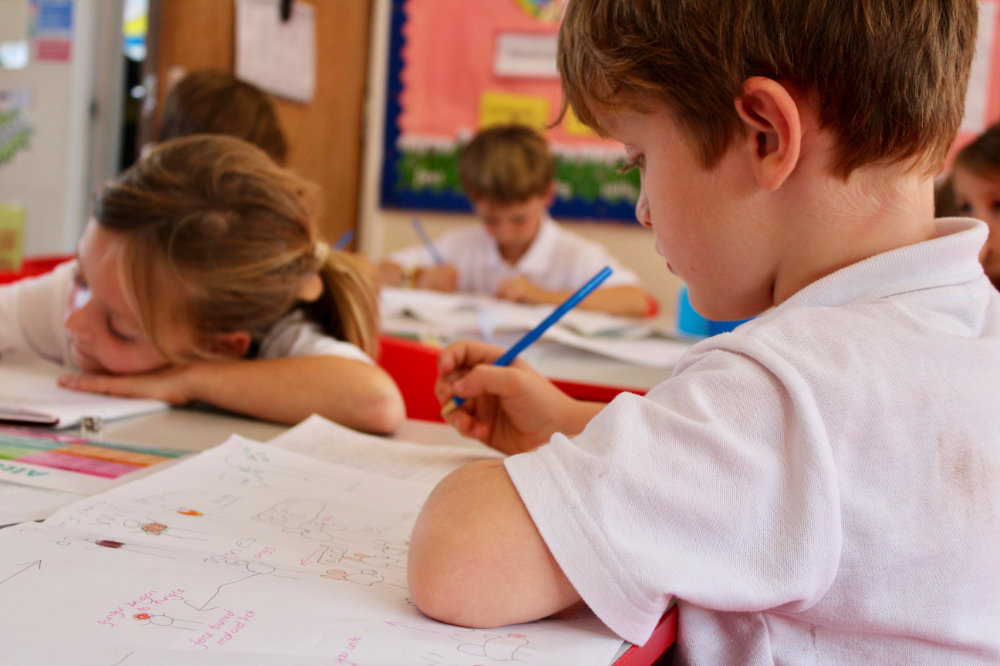
4. Friendships Can Help Reduce Stress
Having a peer to lean on can help children deal with any negative emotions that may arise at school. Friendships can provide a support system and bolster mental health when children face difficulties with their learning, extracurricular activities or classmates.
5. Friendships Can Help Children Manage Conflict
Fallouts, bad words and feelings of upset are all normal parts of developing school friendships. While this kind of thing can be unpleasant for your child to deal with at the time, learning to manage conflict and confrontation is an important element of growing up.
Problems that arise with friends can present good chances for you to discuss how to resolve or deal with challenging moments with your child, brainstorming ways to tackle difficult situations with each other.
6. Friendships Can Encourage Empathy
Having diverse groups of friends from a young age can help children develop a stronger sense of empathy and connection with others. They may be more likely to express their feelings more articulately and notice those feelings in others.
7. Friendships Can Encourage Imagination
Imaginative play with a group of friends is a great way to spark a child’s creativity. Children inspire each other and often act as role models to their peers; sharing in imaginative games and storytelling is a great form of expression for kids and offers another good way to develop positive, collaborative relationships.
8. Friendships Can Teach Teamwork
Whether it’s during a lesson, a sports game or at playtime, school friends can be more likely to form solid teams where children feel more confident to share their ideas and work together. Different opportunities to work in teams also broaden your child’s horizons, providing new chances to meet or connect with other children.
At St Peter’s Prep, we encourage children to participate in a wide range of activities, from sports, languages and music to creative art classes, which can support the development of friendships based on different interests.
How Can I Encourage My Child to Make Friends
Making new friends can be daunting, especially for children who are shy or more reserved. There are many ways parents can support their child to develop positive friendships to reap all the benefits discussed above.
1. Help Build Confidence
Sit down with your child and talk through what makes them nervous about making new friends. Practice talking and listening skills that are so important for developing relationships. Practising ways to introduce themselves and different ways to connect with new people can be a good place to start.
2. Encourage New Activities
Provide opportunities where your child can get to know other children in environments where they feel comfortable. Taking part in clubs or activities gives them a chance to make new friends naturally, finding the value in others who share their interests.
Organising for a friend to play at your house can be another good way to allow one-on-one bonding time with a peer, taking the pressure out of developing friends in a bigger group if your child is more nervous around others.

3. Praise Being a Good Friend
When your child exhibits particularly caring or empathic behaviour, take notice of it and praise them for thinking of others. Encourage these behaviours and explain why they’re important in making and maintaining school friends.
4. Model Positive Relationships
Set a good example by modelling caring and understanding relationships yourself. Talk about the people in your life in a way that encourages your child to form their own positive bonds, showing respect and support to others.
For more insight into supporting your child as they make friends, see our article on helping your child socialise.
At St Peter’s Prep School and independent nursery in Devon, we work hard to encourage school friendships and understand the importance of developing these crucial life skills alongside academic learning. To find out more about our school’s value, request a prospectus.





